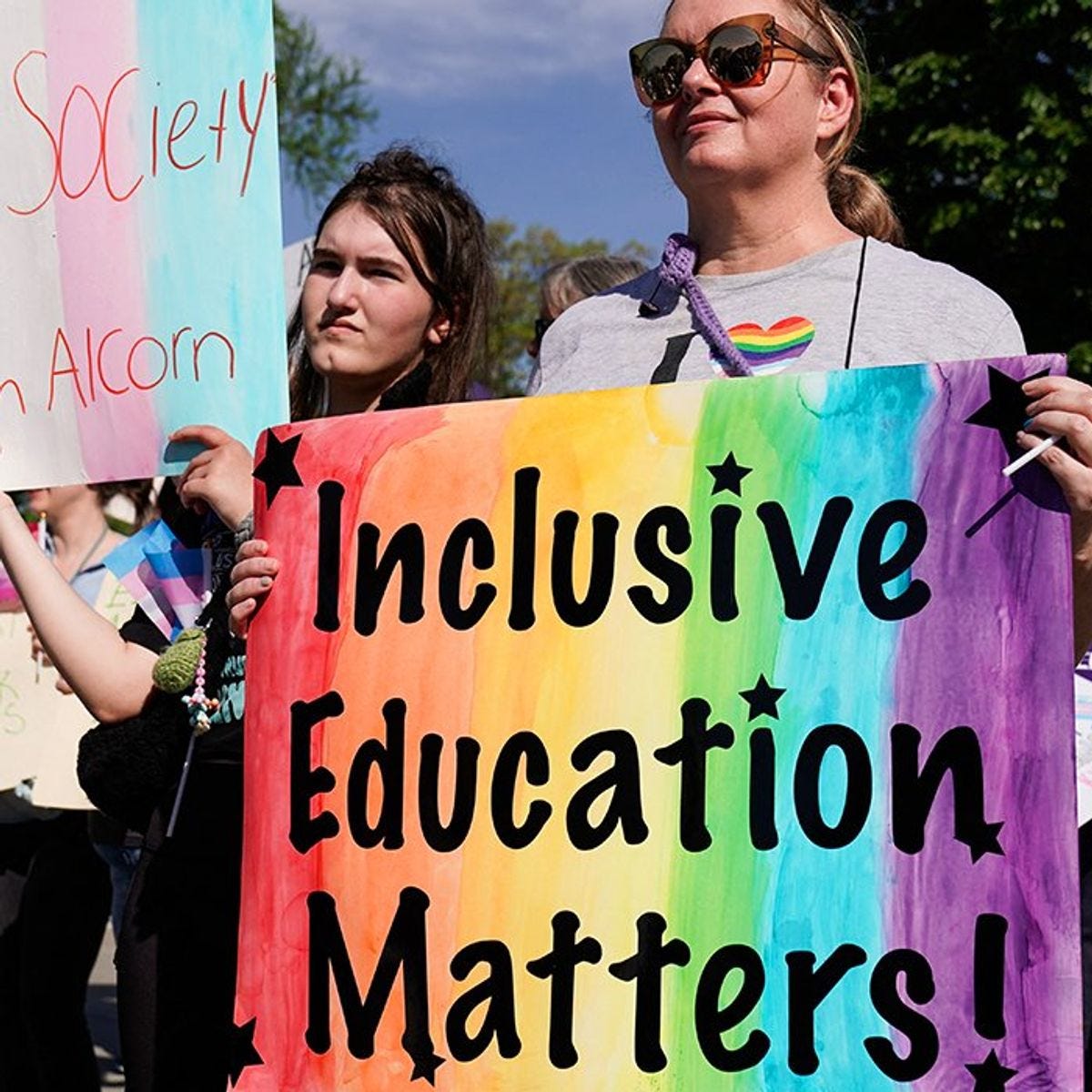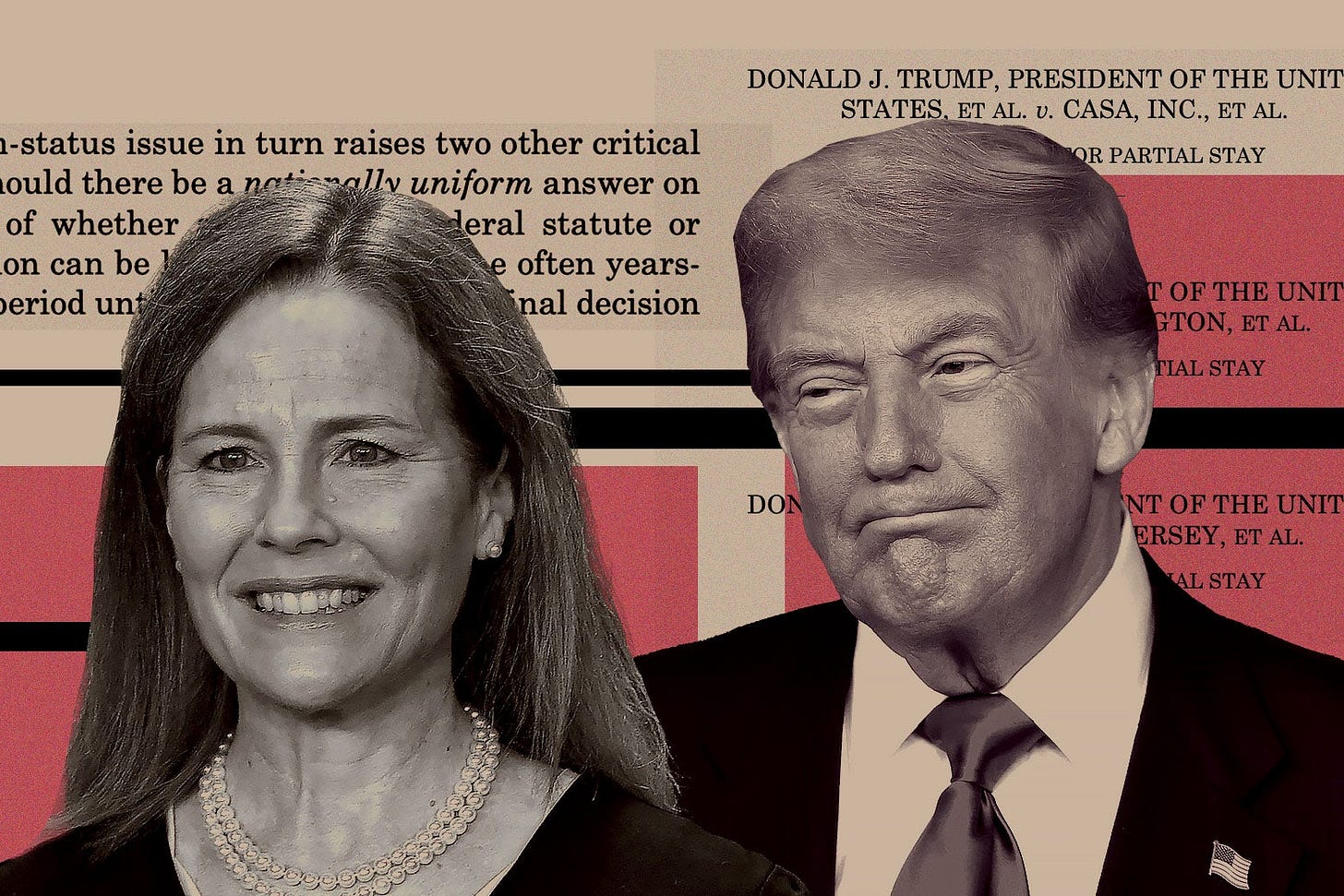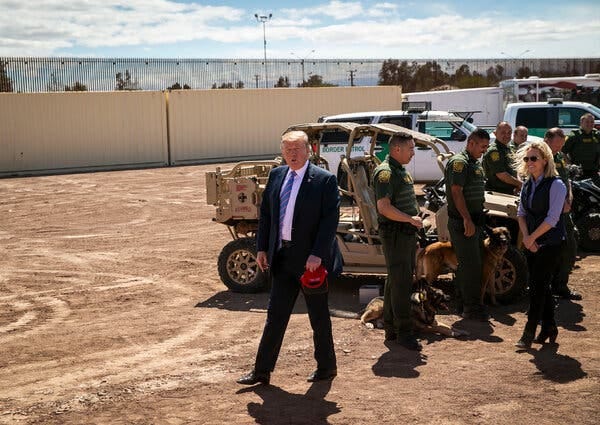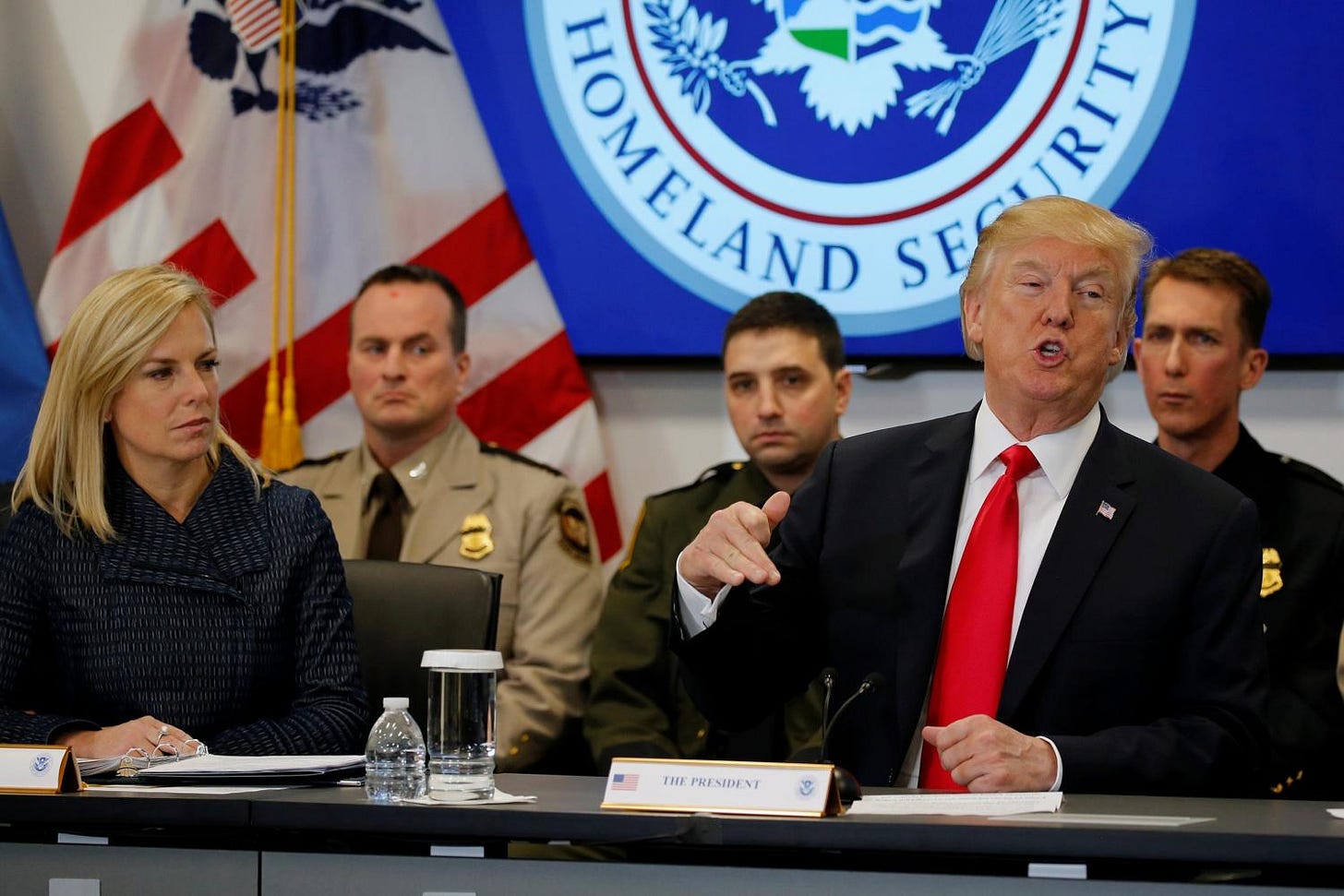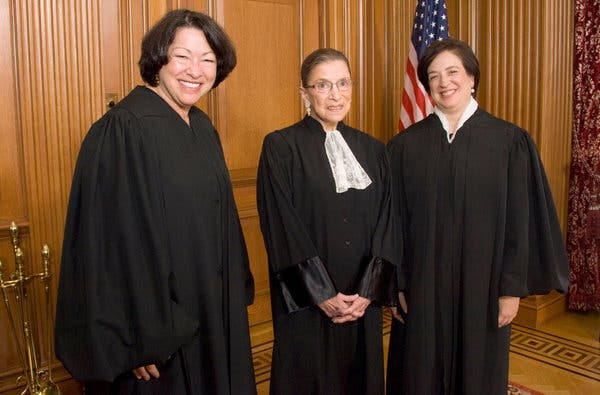Deportations to South Sudan. What Does All of This Mean?
By Sajid Khan
Since the start of Trump’s second presidency, the conservative-majority Supreme Court has not been shy in making clear its support for the administration’s radical policy decisions.
Some controversial decisions were made through the Supreme Court’s usual docket – cases that were appealed at the Appellate level and selected by the Court as needing to have a final decision on constitutionality. Mahmoud v. Taylor was decided at the end of June 2025 creating opt-out options for LGBTQ+ materials in schools for parents that may “not agree” with those “ideals.” In reality, this only creates a level of discriminatory personal views and a more gray area between what is considered to be “normal” to teach children and what constitutes as “pushing an ideology.”
Yet most of the damage done so far has been under what is referred to as the emergency docket, or colloquially, The Shadow Docket. This docket, compared to its usual docket, handles emergency requests by the administration for constitutional decisions in actions requiring a faster resolution. These decisions usually tend to not have oral arguments, full briefings, or detailed written opinions when announced and have been the Trump administration’s “trump card” in validating its radical approach.
Through the Shadow Docket, the Trump administration has gained support from the Supreme Court in eradicating various components of the modern system of government. Notable decisions include Trump v. CASA, significantly limiting birthright citizenship protections by restricting automatic citizenship for children born in the U.S. to noncitizen parents in 28 states; Noem v. National TPS Alliance, ending temporary protected status for Venezuelans; and U.S. v. Shilling, upholding the military ban on transgender individuals. Another recent decision supported continued extensive federal layoffs.
Not only have these listed decisions, and many more, completely eradicated some of the guardrails of democracy America has had for decades, but also completely shifts the power dynamic in the American judicial system. To investigate this further, the rest of this article will delve into the horrendous decision made in DHS v. D.V.D leading to the deportation of eight undocumented immigrants to South Sudan and its implications on the relationship between the executive and judicial branch.
DHS v. D.V.D. (March 23rd, 2025 – July 3rd, 2025)
To begin, it’s important to start with an overview of the case. On March 23rd, a lawsuit was filed under the pseudonym D.V.D, by four Central American noncitizen immigrants who were subject to final removal orders but then faced deportations to a country other than their designated removal designation, referred to as third-country removals. D.V.D was seeking a temporary restraining order and injunctions to stop DHS from deporting undocumented migrants to countries outside their designated country. Weeks later, Judge Brian Murphy of Massachusetts granted the preliminary injunctions requested by the plaintiffs requiring DHS to provide written notice and explanations before any third-country removals were to take place. Yet the government chose to disobey these orders, and within days, they deported one of the plaintiffs to Mexico without any notice to the court. DHS continued to disobey the court deporting another four individuals from Guantanamo Bay to third countries without notifying the court as required under the injunction.
Continuing without hesitation, the administration then proceeded to detain at least eight undocumented immigrants who have either completed their sentence or close to completing them for crimes committed to be sent to Djibouti and prepped for removal to South Sudan, a country currently so war-torn that the State Department has a Do Not Travel advisory in place. Not only were their rights of due process being stripped, but additionally they were being publicly humiliated amongst the White House’s official social media accounts in the most unpresidential manner ever imagined.
Following this, Judge Murphy put out a new order warning DHS officials that any more removals would force him to hold the government in contempt, which are truly unprecedented grounds that would exacerbate the ongoing constitutional crisis. Judge Murphy ordered the administration to provide clear written notice for third-country removals and allow for due process proceedings to occur. But the Trump administration neither appealed the case nor complied. Instead, they made yet another emergency plea to the Supreme Court’s Shadow Docket by requesting “clarification” on the injunction, once again another unprecedented action in the American judicial system.
On July 3rd, the court had ruled in a 7-2 decision that the Trump administration was all clear to deport the individuals in Djibouti to South Sudan. The majority chose not to provide any reasoning to their decision in this case, but a dissent was written by Justices Sotomayor and joined by Justice Jackson.
Supreme Court Dissent and What it All Means Going Forward
Justice Sotomayor and Justice Kagan argued the following in their dissent.
- The United States may not deport noncitizens to countries they are likely to be tortured or killed in under the Fifth Amendment’s Due Process Clause.
- The approach of the solicitor general using “every conceivable argument” at the Court without approaching the human-rights issues that coincided with their policies was heavily criticized
- The lack of respecting the appellate process and court rules when filing their emergency injunction.
- The Court’s decision undermines the power of contempt orders by lower courts to ensure their mandates are obeyed.
The dissent shows us what the egregious actions the majority has agreed to once again stripping individuals of their right to due process and further opening up dangers to undocumented immigrants. By allowing for the removal to any third country without proper chances in court to argue against it, migrants face a very real fear that they could easily be sent to ANY country and face violence, persecution, or basically a death sentence. And even when individuals file suits against the government, they still could face the terrifying truth of deportations at any moment given the administration’s track records regardless of the successes of their lawsuits in the courts.
As the Justices noted in their dissent, a critical issue when viewing how this case was handled is the lack of respect for the lower court’s mandates and undermining their decisions. This opens the larger question. Do the federal and appellate courts hold any power if the government can phone in the Supreme Court on notice if they don’t like the decision of a lower court? The idea that DHS and the administration would need “clarification” from the Supreme Court on how to follow a Judge’s order is absolutely preposterous and continues to glamorize their authoritative power. In reality, they just needed a cop-out. Judge Sotomayor wrote how this order “clarifies only one thing, other litigants must follow the rules, but the administration has the Supreme Court on speed dial.” The Trump administration already had a plan in place and just needed to get a green light by the Supreme Court to continue. They had the migrants planned for South Sudan in Djibouti in an air-conditioned shipping container waiting to be sent. Everything within this lawsuit was done with zero respect to the laws and procedures of the Judicial System and opening doors to even larger amounts of civil rights violations for whomever they choose.

This case will have repercussions for migrants in how the administration handles deportations going forward. But nonetheless, it underlines the importance of staying informed on these current circumstances and getting involved to change things. Media will have biases, and discourse will always be framed in the eyes of the beholder. The administration chooses to frame this as a victory for the safety of Americans. In reality, it’s nothing but bypassing civil rights the way one would unravel a ball of yarn. Talk to your local leaders. Keep your community informed and make sure your voices are heard.


